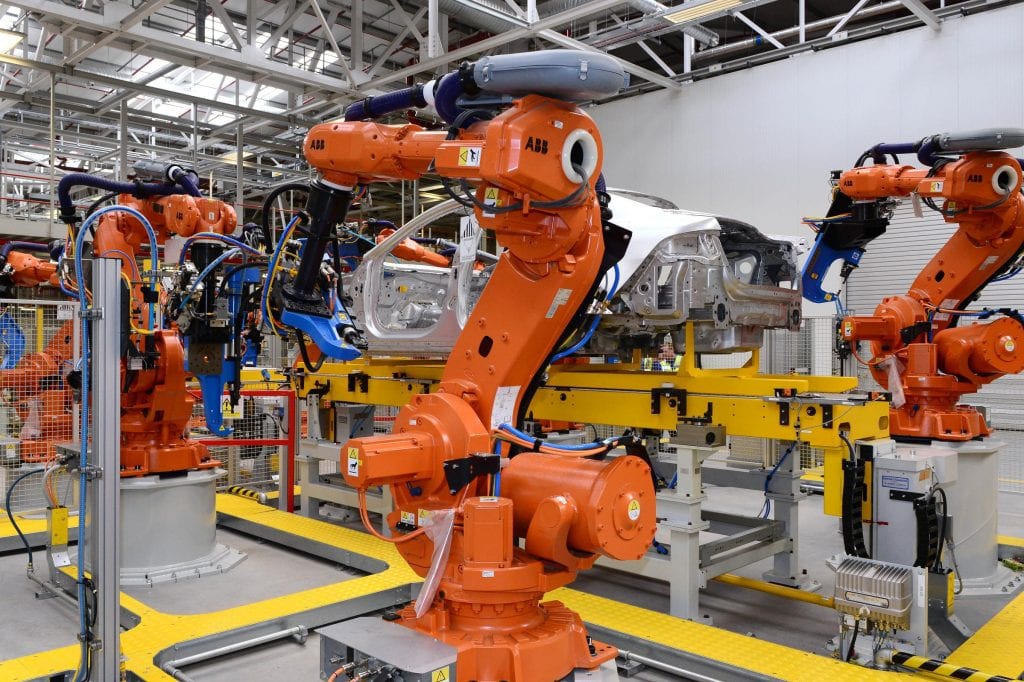
The UK has seen investment in its automotive industry halve since the country voted to leave the European Union, new figures reveal.
As the process continues, there are still no answers as to how the country will trade with Europe. Any deal that does not offer free trade routes would see World Trade Organisation (WTO) tariffs introduced, which could mean a 10% charge on every product that enters and exits the country.
During 2017, investment in the UK industry fell by 33.7%, according to new figures released by the Society of Motor Manufacturers and Traders (SMMT). This equates to £1.1 billion (€1.25 billion) put into the country’s various vehicle manufacturing plants and development centres, down from £1.7 billion (€1.9 billion) in 2016, and £2.5 billion (€2.85 billion) in 2015.
However, the amount invested rose during the second half of 2017. In July, just £322 million (€366 million) had been invested, with a projected year-end of £644 million (€732 million). Part of this upturn could be due to progress in Brexit talks which are hinting at an interim period and the potential of free trade between the UK and the continent.
The SMMT is asking the UK Government to seek an arrangement that would maintain membership of the EU single market and customs union until a final agreement on a new relationship is negotiated and implemented. It believes a final agreement could not possibly be reached by March 2019, when talks are expected to finish, and wants a five-year plan to help protect the automotive industry, which relies heavily on the import and export of parts and vehicles.
While investment fell, so did manufacturing in the UK. In total, 1,671,166 vehicles rolled off production lines last year, a 3.0% decrease on 2016 and the first decline for eight years, but still the second-highest output in 17 years. This follows a drop in UK car sales during 2017.
A 9.8% fall in output for the domestic market drove the overall decline, as the market responded to declining business and economic confidence and confusion over government’s policy on diesel. Exports also fell, though at a much lower rate, by 1.1%. Overseas demand continued to dominate production, accounting for 79.9% of all UK car output, the highest proportion for five years. The EU remained the UK’s biggest trading partner, taking more than half (53.9%) of exports, while the appetite for British-built cars rose in several key markets, notably Japan (25.4%), China (19.7%), Canada (19.5%) and the US, where demand increased 7.0%.
Mike Hawes, SMMT chief executive, comments: “The UK automotive industry continues to produce cars that are in strong demand across the world and it’s encouraging to see growth in many markets. However, we urgently need clarity on the transitional arrangements for Brexit, arrangements which must retain all the current benefits else around 10% of our exports could be threatened overnight.
“We compete in a global race to produce the best cars and must continue to attract investment to remain competitive. While such investment is often cyclical, the evidence is that it is now stalling, so we need rapid progress on trade discussions to safeguard jobs and stimulate future growth.”




You must be logged in to post a comment.